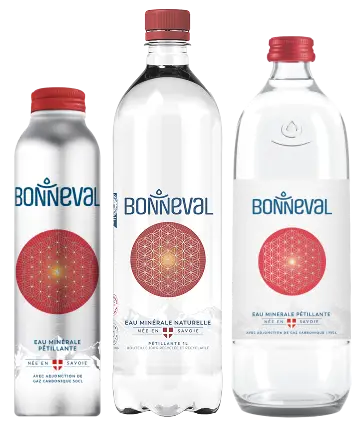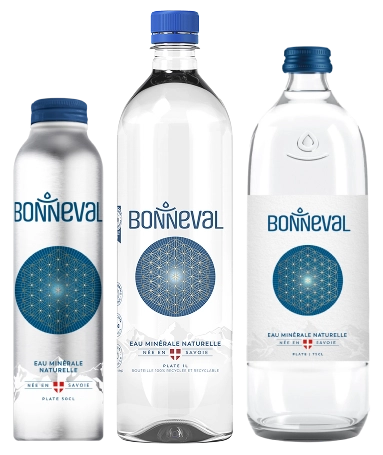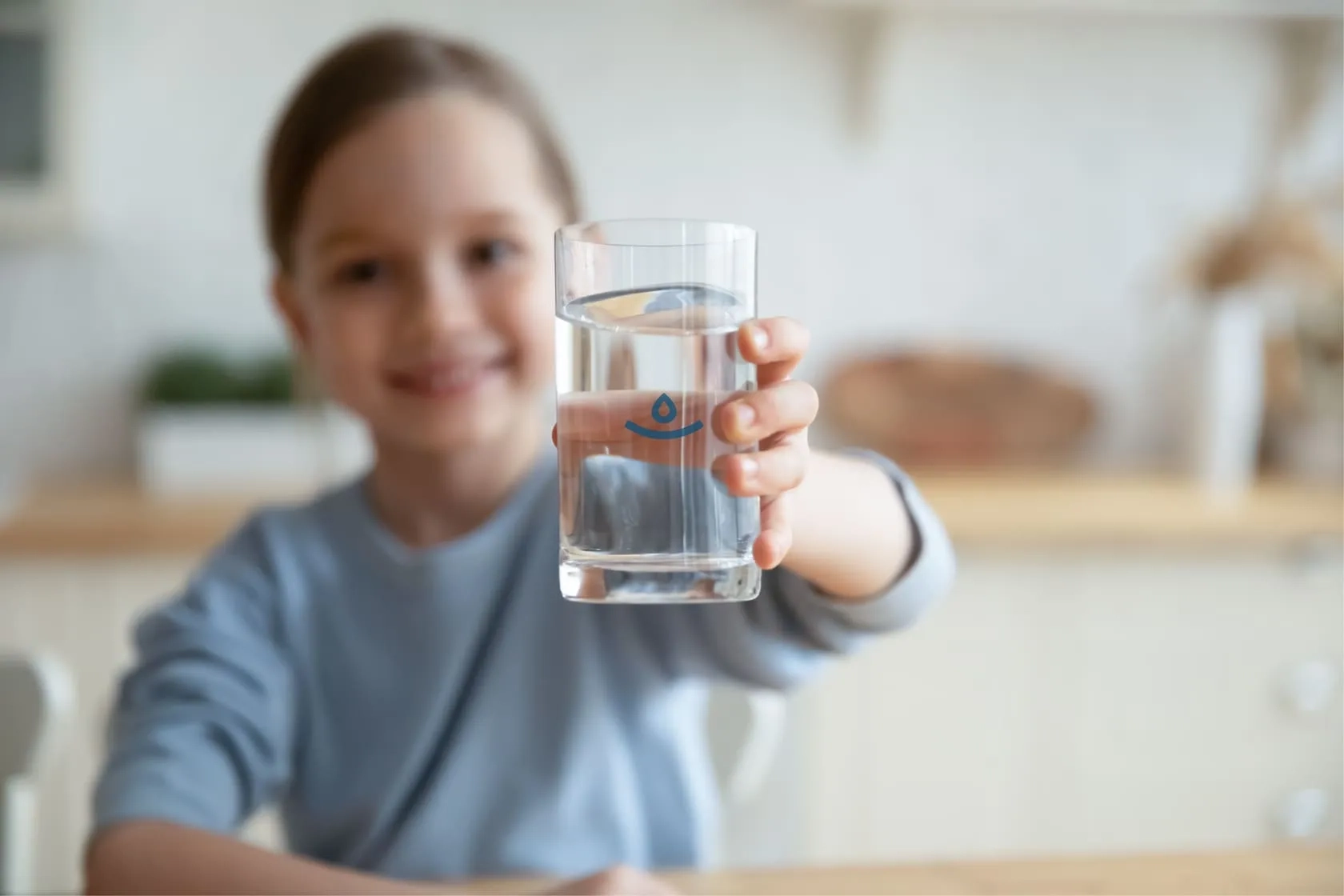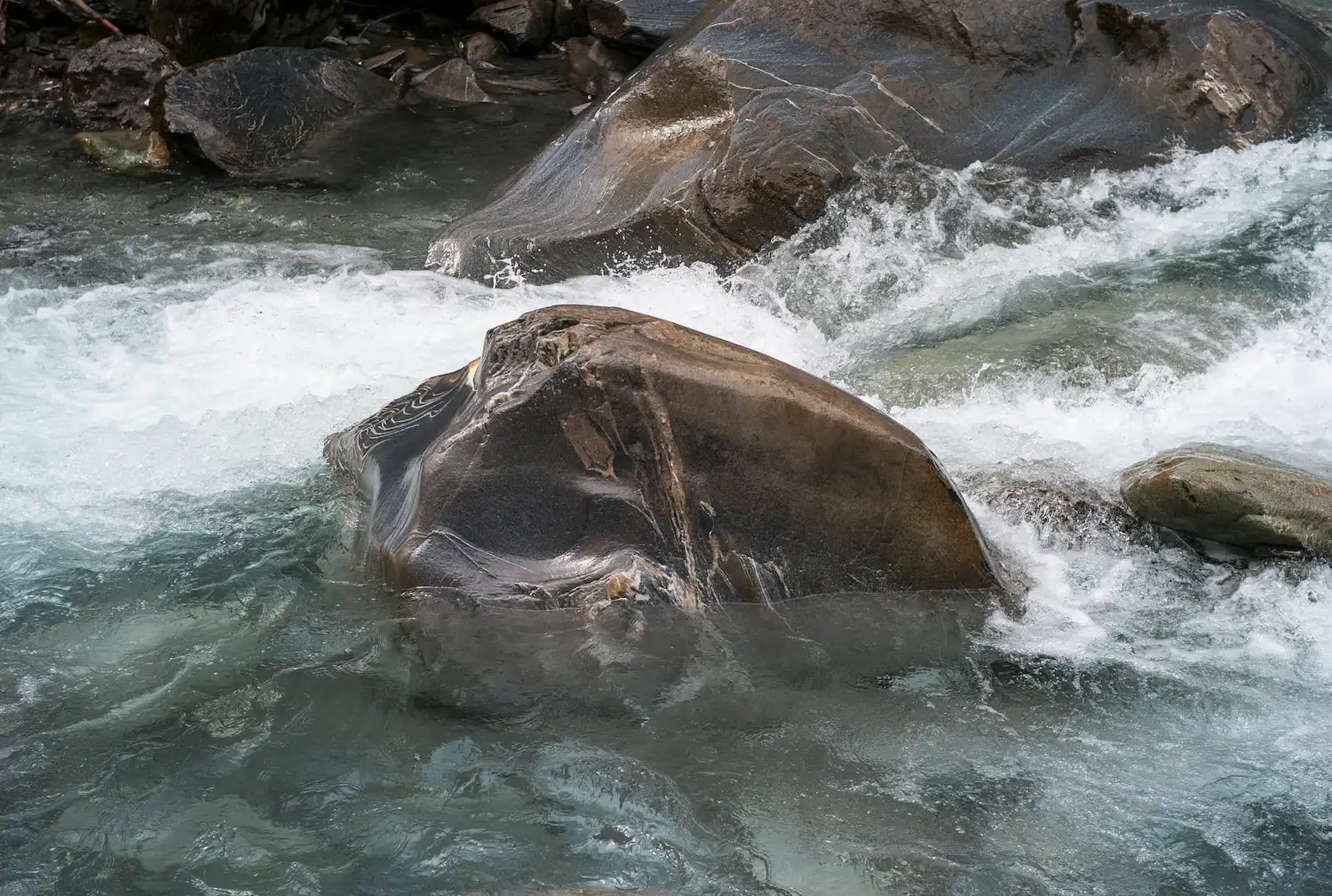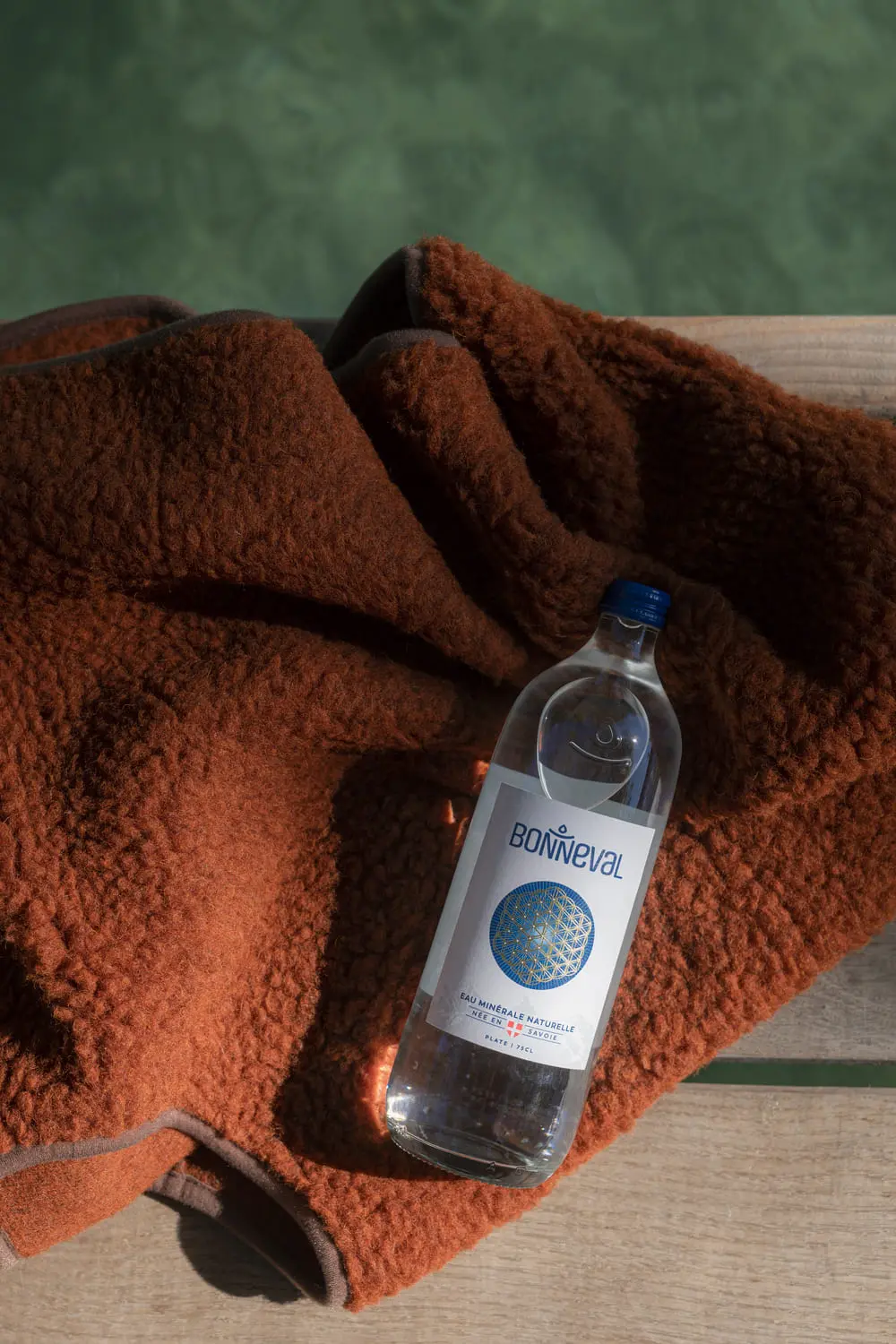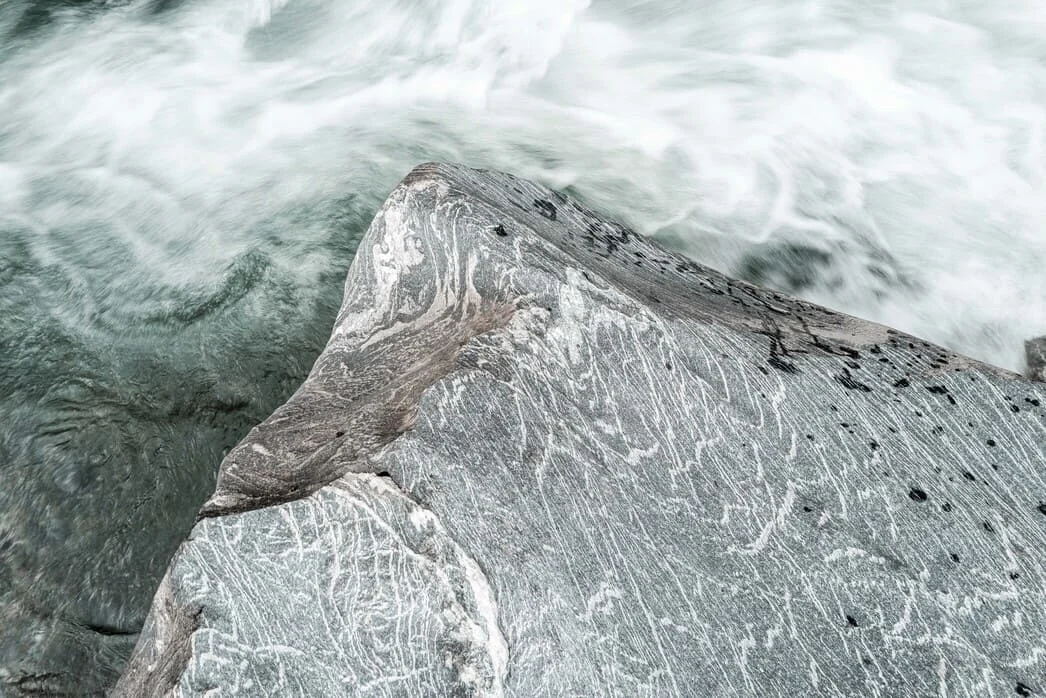How many litres of water should I drink a day?
For adults: between 1.1 and 1.6 litres of water
If you’re a man, you need an average of 2.4 litres of water, including at least 1.6 litres of water every day. For a woman, water requirements are around 1.8 litres, including at least 1.1 litres of water a day. The rest of your water intake will come from food and other water-rich drinks.
In general, an adult loses 2 to 2.6 litres of water a day, of which almost a litre and a half is lost through urine and the rest through perspiration, faeces and breathing. The hotter it is, the more water is lost, and the thirstier you will feel. You need to maintain a balance between water intake and the body’s natural water loss to avoid dehydration.
For children: an intake suited to their age
Children have more water in their bodies than adults. That’s why children need more water. Up to the age of 6 months, babies cover their needs with breast milk or infant formula. After that, it is necessary to offer small quantities of water without waiting until the child is thirsty. This is because the water naturally present in food is no longer sufficient and needs to be topped up. Please consult your GP, paediatrician or nutritionist to find out the recommended water requirements for your child’s age.
The elderly: a similar need to adults
The elderly are the population most vulnerable to dehydration. They feel less thirsty, forget frequently and are likely to be taking potentially diuretic medication. However, the water requirements of the elderly are similar to those of adults. They should therefore be encouraged to drink water regularly to avoid the risk of dehydration and possible hospitalisation.
Can drinking too much water be bad for your health?
To prevent your body from becoming dehydrated, it’s vital to drink enough water every day. The amount of water you drink compensates for your body’s daily water losses. However, if you consume too much water, your body will want to get rid of the excess, by sweating or going to the toilet regularly.
As a general rule, we advise against drinking more than 5 litres of water a day. Drinking too much water can upset your body’s electrolyte balance. As with alcohol, drinking too much water in a short space of time can lead to a water coma. In this case, the kidneys have difficulty draining the excess fluid quickly, leading to an imbalance in the amount of sodium in the body. In other words, the cells swell and can cause a rise in pressure in the skull.
How do you cover your water needs?
To cover your daily water needs, you can naturally rely on tap water, spring water and mineral water, but also on other drinks and water-rich fruit and vegetables.
Mineral, spring and tap waters
Tap water comes from groundwater, springs or rivers. It has a balanced mineral content and no particular taste. It undergoes strict, regular checks to avoid any contamination problems.
Spring water from underground sources has a low mineral content and undergoes no chemical treatment or additions. Carbon dioxide may be added artificially to obtain carbonated water.
Like Bonneval water, mineral water contains minerals and trace elements that vary depending on the source. It may be low or high in mineral content, rich in calcium, magnesium or bicarbonate. At source, mineral water can be naturally sparkling, or carbonated after adding carbon dioxide in the factory.
Cold or hot drinks
If you find it difficult to drink enough water in a day, you should know that other drinks – cold or hot – can help you reach the recommended dose. During the day, you can drink tea, herbal tea or coffee, ideally without adding sugar. Fruit or vegetable juices, soups and broths are also good alternatives for providing your body with the hydration it needs. If you find that your water lacks flavour, we recommend flavouring it with slices of lemon or orange, or fresh mint or basil leaves.
Fruit and vegetables
Eating fruit and vegetables helps to supplement your daily water intake. The most water-rich fruits include watermelon, melon, strawberry, grapefruit, peach, orange, pineapple and kiwi. They also provide vitamins and energy for the day. Cucumbers, courgettes, celery, tomatoes, radishes, lettuce and cauliflower are all vegetables that should be eaten in moderation, because of their water content.

